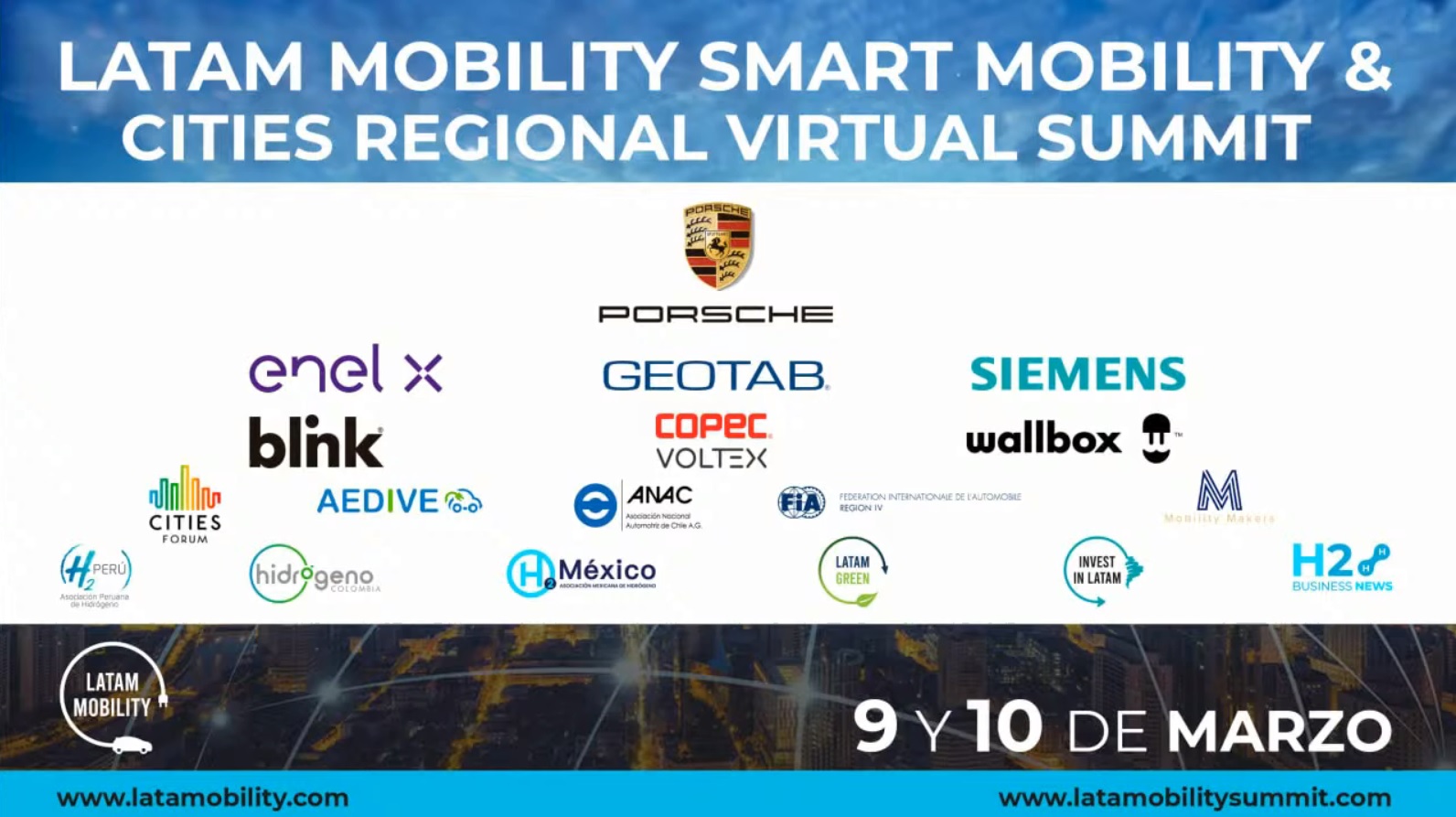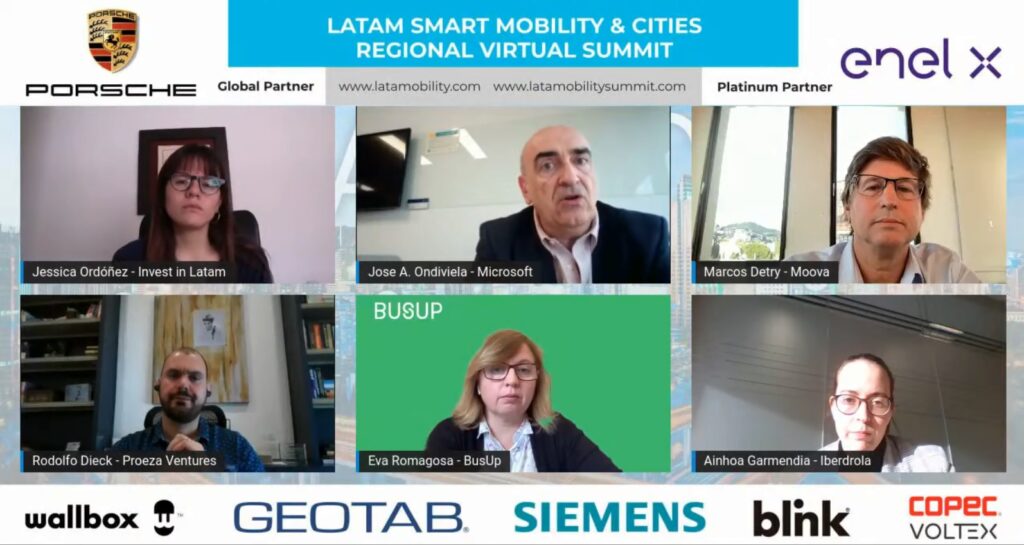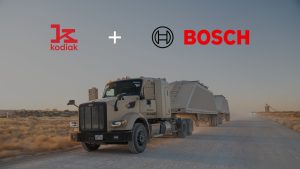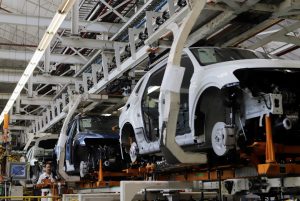When we talk about sustainable mobility, it’s not just about vehicles. It is a universe beyond that, with the purpose of generating significant changes in favor of better lifestyles. Technology plays a fundamental role in this regard, as each advance reveals new patterns to follow when building a better future.
Intelligent, autonomous, electric vehicles, automated programs providing immediate response solutions, energy charging, route maps and so on. These aspects are just a small sample of how technological progress influences sustainable mobility.
A new reality has been born to generate a change, and justly, several companies’ representatives gathered from afar in one place through the “Latam Smart Mobility & Cities Virtual Summit”, a meeting organized by Latam Mobility, a leading community in sustainable mobility, where Jessica Ordoñez, Sustainability Director at Invest in Latam, served as moderator of the interesting panel.

The Future is Sustainable for Iberdrola
Ainhoa Garmendia, Smart Mobility International Manager for Iberdrola, a leading global energy company, stated that the challenge of mobility is a part of the present and undoubtedly, of the future, which is why they have decided to join this process.
A 4-pillar plan is part of the company’s objectives: Reduce emissions, both in energy and mobility; promote energy efficiency; improve customers’ and employees’ quality of life; and create awareness internally and externally regarding the new way of seeing mobility.
Garmendia revealed that a total of 150 million euros are earmarked to reach 150,000 charging points by 2025, targeting various sectors, such as domestic, business and public urban mobility.
The Moova Vision
On the other hand, a different plan but with a similar objective comes from Moova: “Reinventing logistics for a sustainable world. This company uses artificial intelligence with all existing logistics with idle resources,” highlighted Marcos Detry, CTO and Co-Founder of Moova.
Detry revealed that the company has managed to deliver more than three million packages without adding a single car on the street. Maximizing time, space and vehicles already on the street to deliver more shipments without adding carbon emissions.
Microsoft, a Giant with Sustainable Projections
José Antonio Ondiviela, Government Industry Advisor / Urban Digital Transformation for the global software giant, revealed that mobility will be sustained by three patterns:
- Green, sustainable, electric
- Autonomous
- Shared
From Microsoft’s vision, efficient solutions are provided from the cloud, a sustainable environment to deliver data and algorithms enabling the sustainable mobility development. The evolution of this technological section provides access to computing “at every corner”. In this way, a stable service is offered to ground and air transportation, such as drones, for example.
BusUp: Sustainability Goes Further from an Environmental Point of View
Eva Romagosa, Co-Founder & CMO, showed a very interesting side of sustainability. BusUp goes beyond the concept of creating green environments, while not forgetting a very important factor: the customer, the main source of a company’s vitality.
“If the new mobility models do not meet the user’s needs in terms of time, modes, comfort and flexibility, eventually they will not be sustainable over time, and will disappear. And not only that, it also has to be economically viable or else fail”.
From BusUp, they focus on these factors through technology, artificial intelligence and optimization algorithms on demand routes to digitize employee transportation. Without that step, it could not be measured or controlled, and therefore, it could not be made environmentally sustainable, cost-wise, or adapted to the unique needs of each company.
Proeza Ventures: Seeking to Support the Electric Vehicle Mobility Transition
Rodolfo Elías Deck, Managing Director for Proeza Ventures, confirmed that one of their plans is to partner with those entrepreneurs who have the vision to transform mobility into a safer, more efficient and sustainable means, taking these three aspects as fundamental pillars.
They invest in technologies that empower micro-mobility operators to run more efficient operations at the software level when interacting with users. The company makes investments in autonomous and electric trucks, and in fact, works together with BusUp to contribute to the sustainable transition.
Finally, “Latam Smart Mobility & Cities Virtual Summit” showcased five companies with different business activities, but all of them are on the same roadmap to achieve technology integration through different branches (artificial intelligence, software, algorithms, etc.) to build sustainable mobility at urban level.
Enjoy the full conversation of the panelists here:







